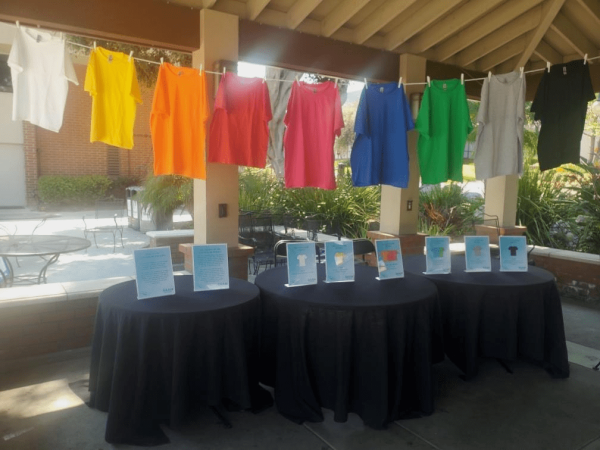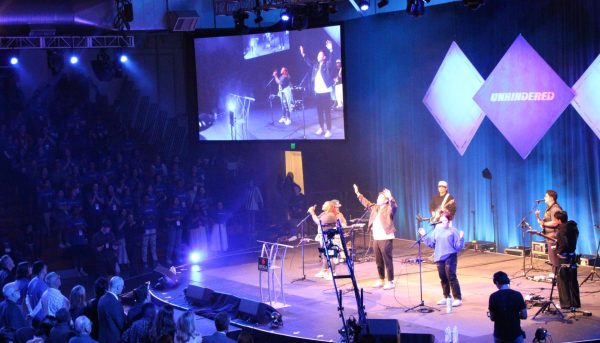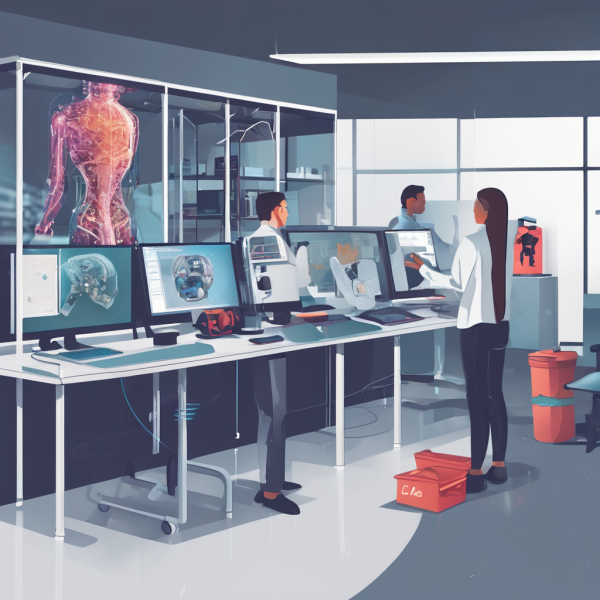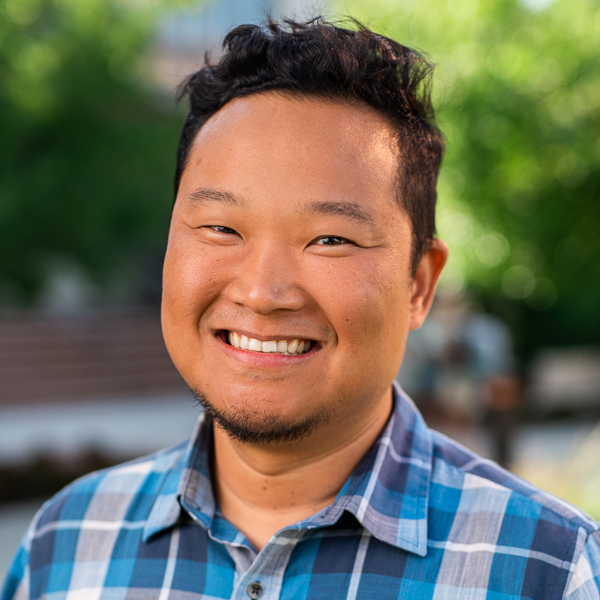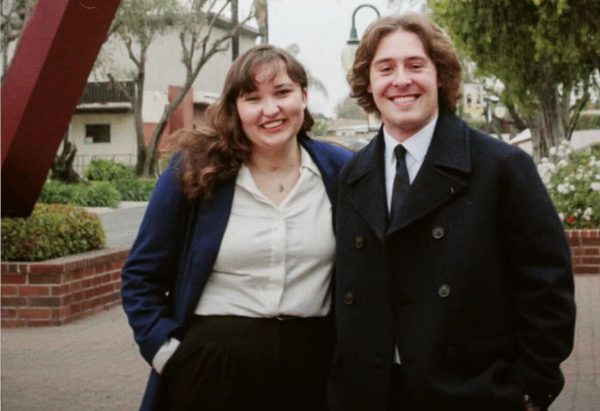Biola students examine the ethics of abortion
Friday’s session of the “Ethics at the Edge of Life” series equipped Biola students with the tools and knowledge they need to respond to abortion.
September 21, 2010
Pro-life supporter Scott Klusendorf gave students key arguments against abortion Friday night at a class sponsored by the Biola apologetics department.
“You never want to be on the pro-choice side and have to debate this guy,” comparative religion and apologetics professor Craig Hazen said, introducing the night’s speaker.
About 25 students attended the three-day class, which was offered to the general public, graduate students, and undergraduate students for a $95 fee. The class was also recorded and is available for purchase through the Apologetics office. It will eventually be placed on iTunes University for free viewing.
Klusendorf was one of two speakers for the class entitled “Ethics at the Edge of Life.” Scott Rae, a professor of philosophy of religion and ethics at Biola, spoke at the Thursday and Saturday sessions. Rae brought light to controversies over reproductive technologies and end of life issues, while Klusendorf spent Friday night discussing stem-cell research and abortion.
“I think people are unprepared in situations like infertility or maybe someone thinking about [getting an] abortion, and how they answer them and guide them in what to do,” science and religion graduate student Noelle Delacruz said. “I want to be able to answer questions for people in my church and be a go-to person for them when it’s not being talked about.”
The basics of the abortion debate
Klusendorf said the abortion issue comes down to two questions: Is truth true? And what is it that makes a person valuable?
Several years ago, Nick Cannon wrote a song in which he imagined himself in his mother’s womb, pleading with her to make the right choice, to not “go through with the knife incision.” Klusendorf said people became critical of the song, challenging Cannon’s right to claim to know what would be right for his mother. Such criticisms show the popular assumption that truth is subjective.
Illustrating his second question on the value of life, Klusendorf told students about a time he met a mother in a park who said she was against abortion, but was glad it was legal because she didn’t think it right to impose her view on others. Klusendorf asked her why she opposed abortion, and she replied that she opposed abortion because it kills babies.
“If I hear you correctly, you oppose abortion, but you think it should be legal to kill babies,” Klusendorf said he told her. “‘You know what?’ [she told me,] ‘I’ve never thought of it that way, and it doesn’t sound good when you take the spin off it.”
Approaching the pro-choice position
Klusendorf said it’s important to clarify the issue as he did that day in the park.
“The abortion issue is not complex,” Klusendorf said. It is a matter of “what is the unborn? And can I kill the unborn?”
People who are pro-choice assume that the unborn are not human, Klusendorf said. He encouraged students to look for the assumptions in pro-choice arguments and to “trod out the toddler,” a technique Klusendorf said he uses in his debates.
“Your first words have to be, ‘I have a two year old in front of me,’” Klusendorf said, explaining that a baby in the womb is no different than a two year old.
A parent might want to execute his child in order to save money to pay the bills, but he can’t do that, Klusendorf said. Why? Because the child is human. The moral issue cannot be reduced to a matter of preference.
Responding to common arguments
Klusendorf also rebutted several common arguments that seek to prove the embryo is not yet human.
Many claim that the embryo’s ability to become twins several days after fertilization proves an embryo cannot be a whole human being. Klusendorf said a flat worm cut in two becomes two worms, but that doesn’t mean it wasn’t a living whole before it was cut. A twin can also be formed of any grown human, but that does not make the original not human.
Klusendorf said the high number of miscarriages cannot be counted as proof that an embryo is not human, either.
“Does it follow that because they die sooner rather than later they were never whole living beings?” Klusendorf asked. “Does it follow that because nature kills, I may deliberately kill [a baby]?”
Klusendorf also pointed out the difference between a car, which is constructed from the outside by parts, and an embryo, which has an inner nature that drives its development.
“From the earliest stages of development, the unborn are distinct, living and whole human beings,” Klusendorf said. “The sperm and egg are only part of a being. The embryo is a whole, living entity.”
Klusendorf said that, in addition to clarifying the issue and answering objections persuasively, Christians should teach and equip others on the issue.
“I think it is one of the issues that is important and timely, an issue that Christians often times don’t have answers to,” graduate apologetics student Rob Baird said. “[Klusendorf] is able to instill confidence in us to present evidence as efficiently and effectively as we can.”


